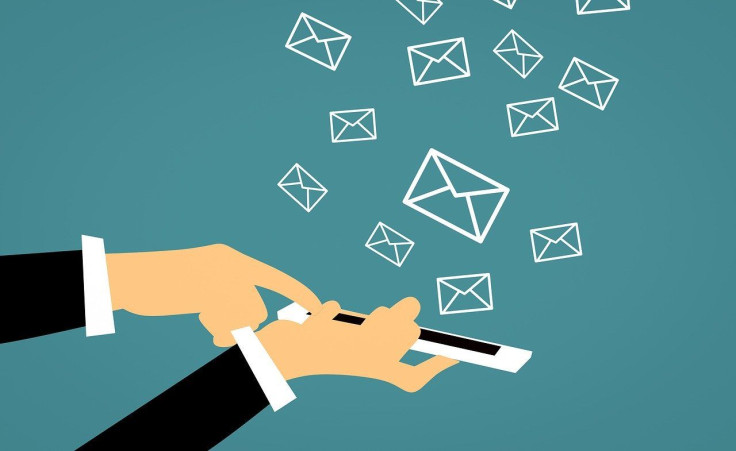Rude Emails At Work Affect Employee Well-being, Studies Confirm
KEY POINTS
- Studies identified two dominant types of rude emails common at the workplace today
- Demeaning emails could result in a vicious cycle of daily negative thoughts at work
- It is best to detach from work by being offline after a day's shift
Two studies confirmed what employees know all along about impolite work-related emails -- they have a negative impact on the overall well-being of people. Rude emails take a toll on more than just a workers’ productivity.
The negative feeling could also affect people’s sleep, resulting in long-term effects like insomnia. Handling a daily dose of rude emails may, later on, create a vicious cycle of lingering negative emotional state. Affected employees may end up damaging their relationship with their families and neglecting other personal aspects of their lives.
For the first study, the researchers surveyed 233 employees in the United States. The participants were asked to talk about the rude emails they received and shared how they handle the negative tones.
For the second study, researchers logged the effects of rude emails on the different aspects of the employees’ daily lives. They look into their behavior and routine, including their ability to sleep soundly at night.
The results of the studies, published in the Journal of Occupational Health Psychology, showed impolite work emails have two dominant types of message tones.
One is the active email rudeness. The content of this email is filled with demeaning or derogatory remarks coming from the sender. The negative remarks are usually directed toward the recipient and come more like a personal attack.
The second type is the passive email rudeness where the recipient seemed to intentionally ignore a request or an opinion from the sender. This time, it was the sender who felt the burden of the rudeness.
"Because emails are securely stored, people may have a tendency to revisit a disturbing email or constantly check for a response that they requested, which may only aggravate the distress of email rudeness," Zhenyu Yuan, assistant professor of managerial studies in the College of Business Administration at the University of Illinois Chicago, said in a news release.
For those who are suffering from the heavy toll of rude emails, Yuan recommended to psychologically detach from work immediately after shift. He said the best way is to disconnect from the internet when it is not officially working hours. Yuan also urged managers to set friendlier regulations surrounding company emails.
The study is timely at present since the number of people working from home increased because of the coronavirus pandemic. While emailing is the most effective means of communication today, the channel tends to create a detached and impersonal work environment.

© Copyright IBTimes 2025. All rights reserved.





















